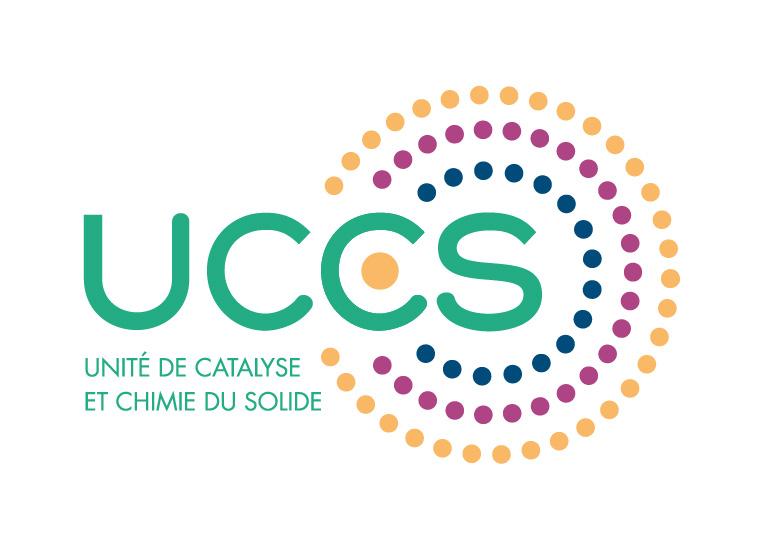
The Unit of Catalysis and Solid State Chemistry, UCCS, located near Lille in North of France is a research unit of the Centre National de la Recherche Scientifique in France, belonging to the University of Lille, University of Artois and Centrale Lille Institute. Its research activity mainly focuses on three main topics: energy, environment and sustainable development upon three scientific departments: Catalysis and Molecular Chemistry, Heterogeneous Catalysis, and Solid State Chemistry. With about 300 people and 150 permanent people; the UCCS research efforts are mainly towards catalytic upgrading of biomass, fine chemistry, plant chemistry, pollution abatement, new fuels, nuclear fuel and wastes, fuel cells, eco-friendly materials…
It is member of the French Research Network on Hydrogen Energy (FRH2, FR2044). The group involved in the NOUVEAU project has an experience of more than 30 years in the research and characterisation of oxide ion conductors for use as electrode or electrolyte in Solid Oxyde Fuel Cells, electrolyser cells and membrane for gas separation. Located on the campus at Cité Scientifique in Villeneuve d’Ascq, people involved belong to Centrale Lille, University of Lille and CNRS. As solid state chemists, the work their carried out is mainly focussed on the evidence of innovative materials. Their contribution to the NOUVEAU programme will be the research and development of RE-free oxides as anode for Solid Electrolyser Cell.

The Institute of Materials was created in 1988 by the renowned French chemist Jean Rouxel. Bringing together chemists, physicists and materials engineers from the CNRS and the University of Nantes, with over 150 researchers and support staff, it now represents one of the largest materials research centers in France. Research projects are various, including collaborations with industry, and other national and international research organizations.
At the IMN we develop a fundamental understanding of the science of materials and their properties from the atomic scale upwards. This allows the design, characterization and optimization of new materials for a diverse range of high technology applications, including next generation solar cells, fuel cells & hydrogen production, electric car batteries, nanotechnology, smart materials, materials for microelectronics, photonic and optical materials. Some research works are devoted to Electrochemical storage and conversion of electricity (ST2E).
The activity of the ST2E team is based on the synthesis and characterization of materials and on the analysis of the mechanisms that occur in the operation of electrochemical devices for energy storage or transformation. The team is structured in 3 research topics: batteries, supercapacitors, fuel cells & electrolyzers. ST2E brings together 18 permanent researchers and about 30 non-permanent researchers with expertise in the fields of the physical-chemistry of oxides, inorganic and organic chemistry, electrochemistry, modeling and materials science. The main research activities focus on mixed ionic and / or electronic conducting electrode materials and solid ionic conducting electrolytes with the objectives of improving the energy performance, reliability, lifetime and safety of current or future devices. Expanding the operating temperature range, changing existing materials, designing new materials and controlling all interfaces are some examples. Recycling and eco-design aspects are also treated. Concerning fuel cells and electrolysers, the research deals with “high temperature” (~700°C) Solid Oxide Fuel Cells (SOFC) and “intermediate temperature” (400°C) Proton Ceramic Fuel Cells (PCFC) for which the electrolyte is either a O2- or a H+ ion conductor in the form of a ceramic oxide material. The enlargement of the operating conditions of fuel cells devices, such as the direct use of natural gas, but also of gaseous mixtures issued from wastes, but also seawater electrolysis, are major technological objectives of IMN research. Its contribution to the NOUVEAU program will be the eco-design and recycling of fuel cell components developed by the consortium.